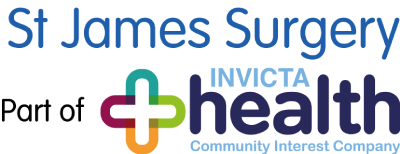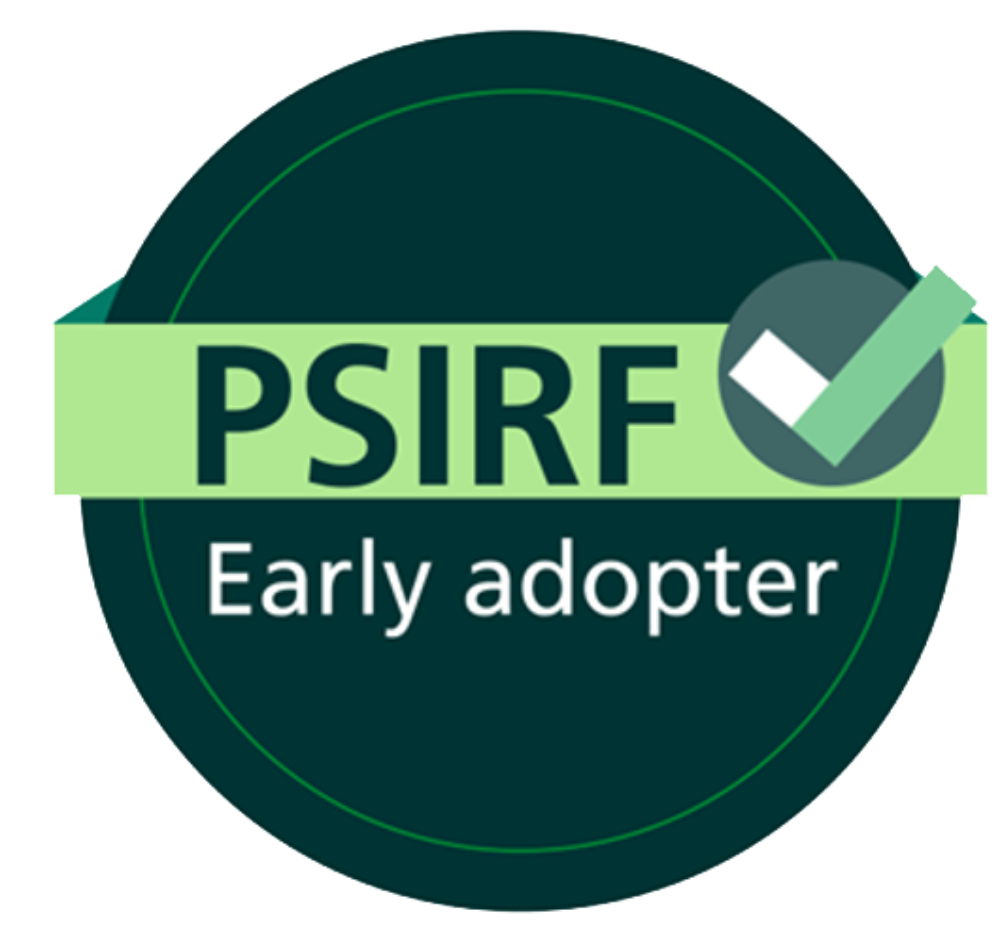We use cookies to help provide you with the best possible online experience.
By using this site, you agree that we may store and access cookies on your device. Cookie policy.
Cookie settings.
Functional Cookies
Functional Cookies are enabled by default at all times so that we can save your preferences for cookie settings and ensure site works and delivers best experience.
3rd Party Cookies
This website uses Google Analytics to collect anonymous information such as the number of visitors to the site, and the most popular pages.
Keeping this cookie enabled helps us to improve our website.
Social Prescribing
What is Social Prescribing?
Social Prescribing is a free and friendly service offered through the NHS and provided by Involve in West Kent. Social Prescribing offers a 'link worker' who will help you to identify the support you need to help improve your health and wellbeing.
They will help motivate and guide you to access services in the local community.

Who do link workers support?
Social Prescribing can be helpful for people who:
- have a long-term condition such as diabetes or chronic pain - would like to change their lifestyle
- are older and isolated or frail
- struggle to manage mental health eg low mood, anxiety, depression
- have need help with debt, housing or employment
- are caring for another member of their household
- have experienced changes in their life such as bereavement, retirement, relocation or family changes for example having their first baby
What does the link worker do?
Once you have been referred to a link worker, they will contact you within 5 working days to book and appointment for an assessment. The assessment looks at your health and wellbeing and identifies the things that are most important to you. At the appointment you will be asked questions about your wellbeing and other things that might be impacting your health.
The Link worker will help you develop an action plan, guiding and motivating you to achieve your goals whatever they may be; getting out and about more, getting fitter, meeting new people, or tackling problems such as housing, debt, or employment worries, making the most of thousands of local community groups and services.


